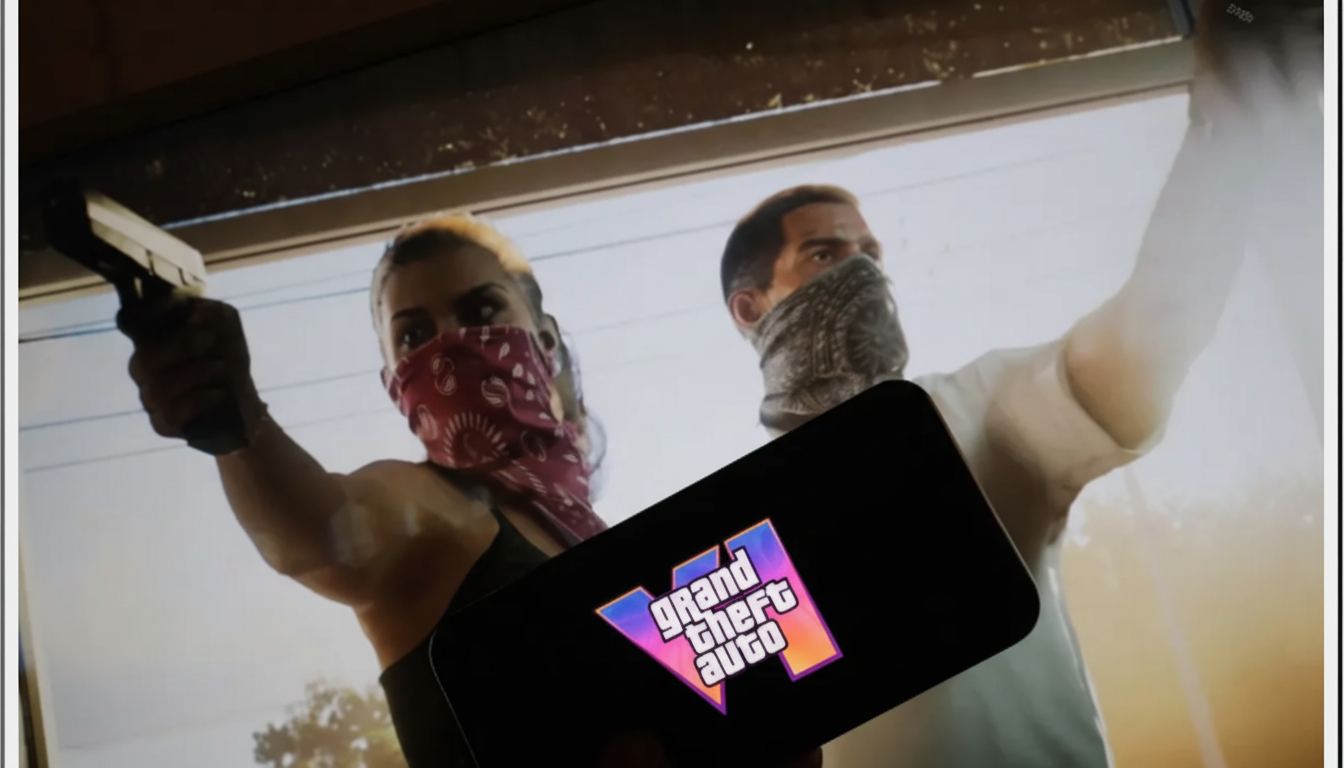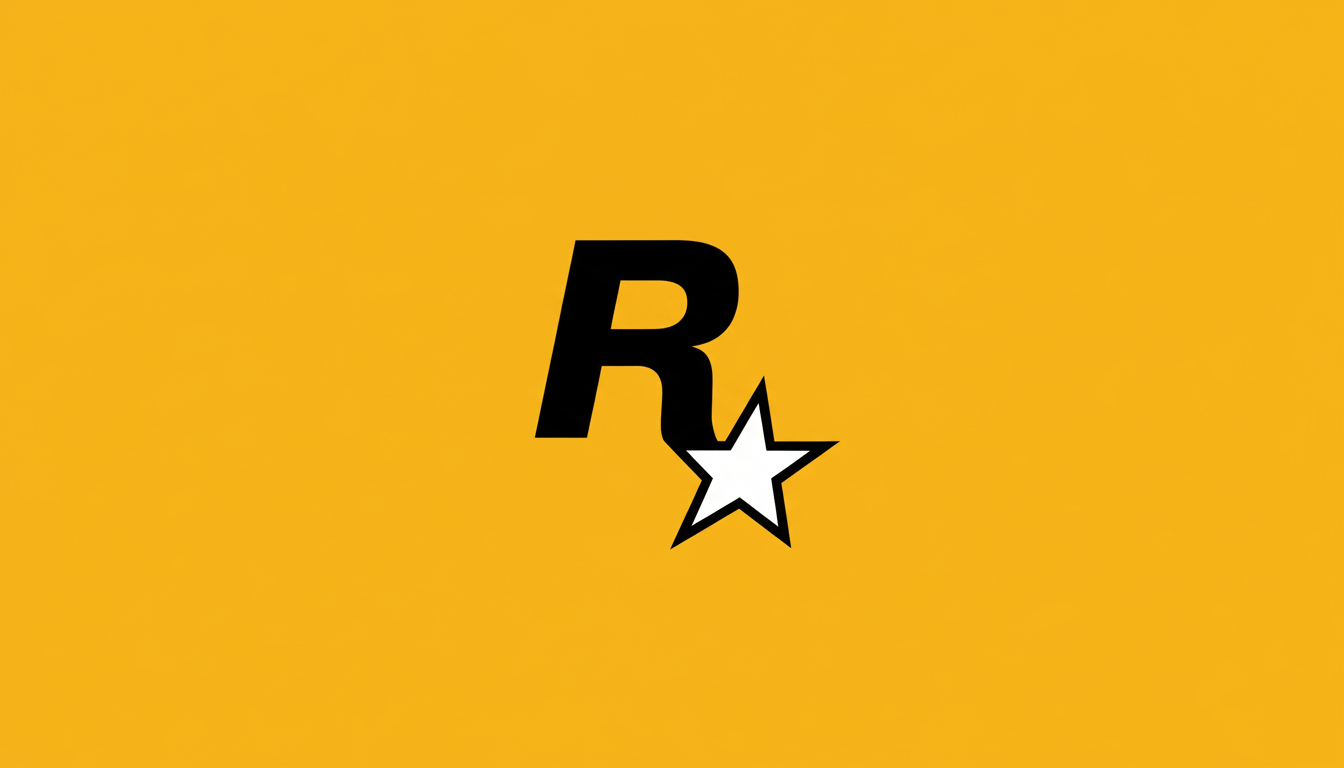Rockstar Games, creator of Grand Theft Auto, has been accused of union busting after over 30 workers associated with the Independent Workers’ Union of Great Britain were fired. The union claims that the terminations were illegal retaliation for organizing; however, Rockstar’s parent, Take-Two, alleges that the dismissals were due to gross misconduct and have nothing to do with union activity.
Union claims terminations aimed at organizing efforts
According to the IWGB’s Game Workers branch, the fired workers were active in a union Discord channel and included employees throughout the United Kingdom and Canada. The fired group comprised visa holders sponsored by the firm and employees with medical accommodations, which raised immediate concerns about immigration status, disability rights, and trade union rights. The union dubbed the firings an “assertive attempt against collective action” and stated that it plans to respond through a “full and strong” approach to the law.
- Union claims terminations aimed at organizing efforts
- Rockstar and Take-Two deny union retaliation
- Legal stakes in the United Kingdom and Canada
- A flashpoint in a volatile games labor market
- Recent milestones and context in games labor organizing
- What it means for GTA and Rockstar’s development pipeline
- What comes next for the union, Rockstar, and Take-Two
- Potential industry precedent and broader implications

Rockstar and Take-Two deny union retaliation
Take-Two spokesman Alan Lewis informed Bloomberg that the firings were the product of gross misconduct and were made “for no other reason,” and revealed that they fully endorse Rockstar’s resolution. Although Rockstar and Take-Two have not yet unveiled the details of the alleged misconduct, the burden frequently rests on the employer to prove the cause if the claim proceeds to trial or labor board investigation.
Legal stakes in the United Kingdom and Canada
In the UK, dismissing a worker for union membership or activities is automatically unfair under the Trade Union and Labour Relations (Consolidation) Act 1992. Claimants who say they were fired for organizing can apply for interim relief through an Employment Tribunal, and the tribunal can order continued pay or reinstatement while a claim is heard. Moreover, if any of the affected workers are on a Skilled Worker visa, being let go from their jobs might trigger a nearly inescapable countdown to find new sponsorship.
In Canada, labor protections are regulated through provincial boards; for example, the Labour Relations Act governs labor relations in Ontario. Anti-union reprisals could be quickly resolved with reinstatement and back pay if authorities conclude that there was retaliatory backlash.
The transnational differences in jurisdictions and visa holdings make the case complicated, but in either country, the legal question would center on determining whether the dismissed employees were legitimately let go or primarily fired to deny their organizing protection.

A flashpoint in a volatile games labor market
The labor dispute takes place in an industry that has undergone mass upheaval from job cuts. According to industry trackers, job losses have reached tens of thousands over the past year, altering studio business patterns and stimulating ventures into collective bargaining. Many more workers now back unionization in the game industry, with GDC’s 2024 State of the Game Industry report indicating that over half of developers currently support it amid growing worries about job security, crunches, and salary disparities.
Recent milestones and context in games labor organizing
Recent milestones in organizing include unions at ZeniMax’s QA group, Raven Software, and Sega of America, with the Communication Workers of America as the public face. The UK’s IWGB Game Workers branch, formed in response to the “crunch” controversies of the last decade, has pushed for reform and scrutiny of Rockstar’s long hours for years before the company made promises. How these cultural shifts handle a major labor dispute remains to be seen.
What it means for GTA and Rockstar’s development pipeline
Rockstar is “in the final stages of development” on Grand Theft Auto VI, a project with massive commercial implications after GTA V moved more than 145 million copies as of March 2021 and over 145 million more across previous generations. Recent reports suggested the launch window had shifted more than once, with the latest circulating as mid-2026. A large-scale personnel disruption at a AAA studio rocks QA, tooling, or content pipelines throughout. An extended strike risks people’s morale while making it increasingly difficult to recruit more at a key hour.
What comes next for the union, Rockstar, and Take-Two
The IWGB says it will “investigate” by asking for tribunal papers or other lawful processes on the part of its members. In the event that either case proceeds, Rockstar and Take-Two, respectively, will need to account for their accusations of misconduct and show that unionizing activities had no place in these decisions. Investors will consider commodity and commercialization hazards against the corporation’s assertion that its policy-breach demands should be issued.
Potential industry precedent and broader implications
Whatever story wins, the expected outcome seems likely to establish a significant example for the two countries’ game industries set for organizing. A prospective tale could tell how far engaged studios are ready to go – and how hard employees can contend – while organized efforts intersect with corporate bodies in a sector already seen as in a downturn.

